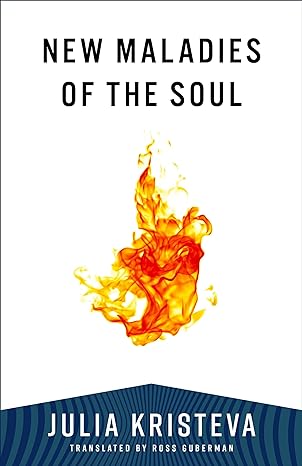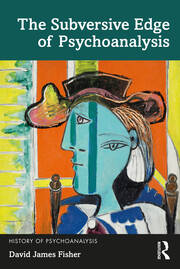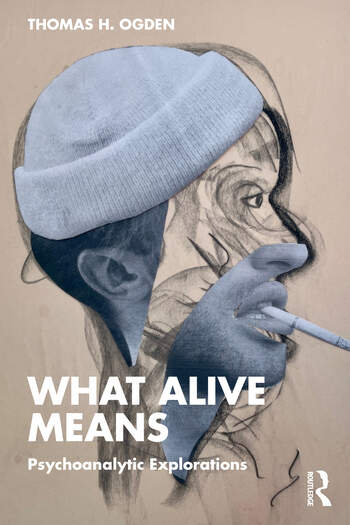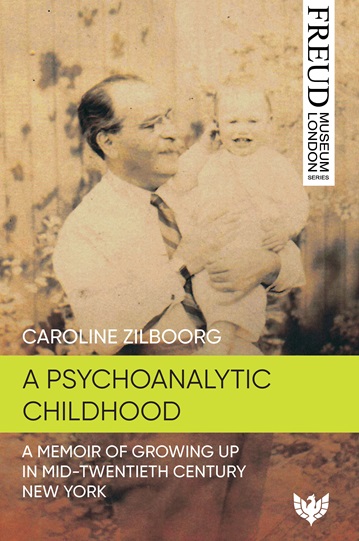The Sense and Non-Sense of Revolt: The Powers and Limits of Psychoanalysis
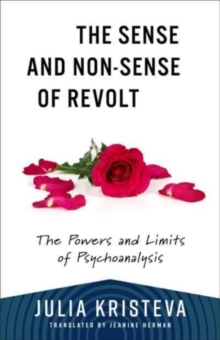
Book Details
- Publisher : Columbia University Press
- Published : January 2025
- Cover : Paperback
- Pages : 320
- Category :
Psychoanalysis - Catalogue No : 97722
- ISBN 13 : 9780231216746
- ISBN 10 : 0231216742
Also by Julia Kristeva
New Maladies of the Soul
Price £16.99
Hatred and Forgiveness
Price £16.99
Black Sun: Depression and Melancholia
Price £20.00
There are currently no reviews
Be the first to review
Freud and psychoanalysis taught us that rebellion is what guarantees our independence and our creative abilities. But in the contemporary "entertainment" culture, is rebellion still a viable option? Is it still possible to build and embrace a counterculture? For whom—and against what?
Julia Kristeva illustrates the advances and impasses of rebel culture through the experiences of three twentieth-century writers: the existentialist Jean-Paul Sartre, the surrealist Louis Aragon, and the theorist Roland Barthes. These figures, according to Kristeva, took part in a revolution against accepted notions of identity—of one’s relation to others. She places their accomplishments in the context of other revolutionary movements in art, literature, and politics, also offering an illuminating discussion of Freud’s groundbreaking work on rebellion.
Reviews and Endorsements
Kristeva is a figure of far-reaching eloquence.
Denis Donaghue, Washington Post
A fascinating and provocative diagnosis.
The Comparatist
A remarkably lucid, eloquent, lethal critique of the linguistification of French psychoanalysis.
History of the Human Sciences
Table of Contents
Introduction
1. What Revolt Today?
2. The Sacred and Revolt: Various Logics
3. The Metamorphoses of "Language'' in the Freudian Discovery (Freudian Models of Language)
4. Oedipus Again; or, Phallic Monism
5. On the Extraneousness of the Phallus; or, the Feminine Between Illusion and Disillusion
6. Aragon, Defiance, and Deception: A Precursor?
7. Sartre; or, "We Are Right to Revolt"
8. Roland Barthes and Writing as Demystification
About the Author(s)
Julia Kristeva is professor emerita of linguistics at the Université de Paris VII. A renowned psychoanalyst, philosopher, and linguist, she has written dozens of books spanning semiotics, political theory, literary criticism, gender and sex, and cultural critique, as well as several novels and autobiographical works, published in English translation by Columbia University Press. Kristeva was the inaugural recipient of the Holberg International Memorial Prize in 2004 “for innovative explorations of questions on the intersection of language, culture, and literature.”
Customer Reviews
Our customers have not yet reviewed this title. Be the first add your own review for this title.
You may also like
Who Am I? Exploring Identity through Sexuality, Politics, and Art
Miguel Angel Gonzalez-Torres
Price £26.99
save £3.00
A Psychoanalytic Childhood: A Memoir of Growing up in Mid-Twentieth-Century New...
Caroline Zilboorg
Price £22.49
save £2.50


